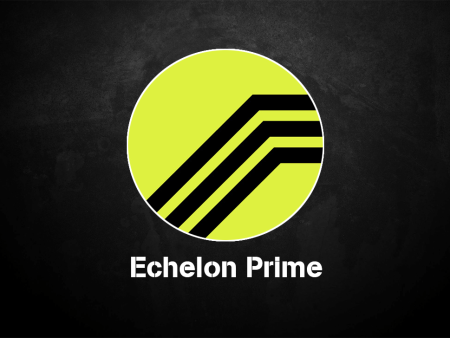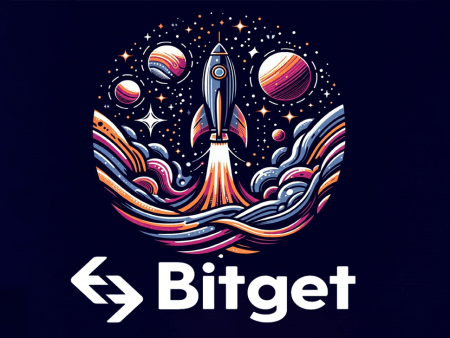Token Standards are one of the foundational elements of blockchain technology, defining how various tokens interact within a network. They ensure compatibility and streamline the creation and management of tokens.
For a comprehensive understanding of Token Standards, follow the full article on AZcoin.
What are Token Standards?
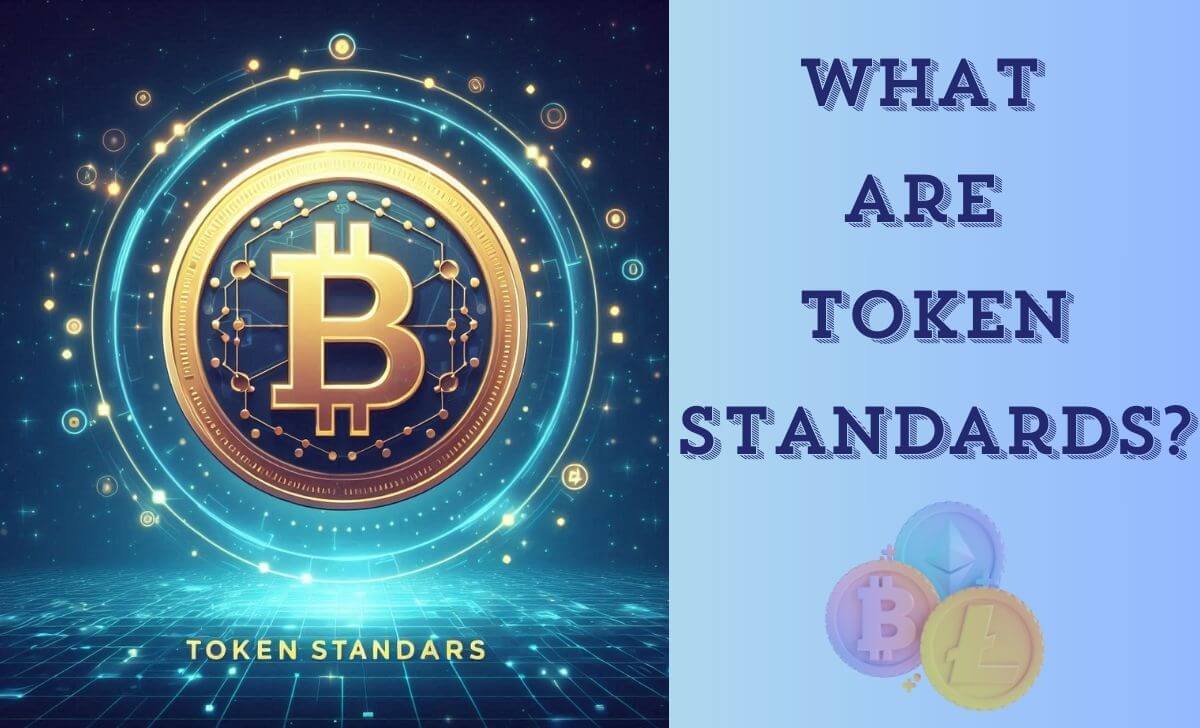
Token Standards also known as Token Specifications, are a set of rules and technical standards established to regulate how tokens are encoded, deployed and interacted with on a blockchain.
In other words, Token Standards provide a common framework that ensures tokens are compatible with each other and with the blockchain network they are built on. When tokens are developed according to a specific Token Standard, they are supported by applications and protocols built for that standard, facilitating easy interaction and exchange of tokens.
How Token Standards works
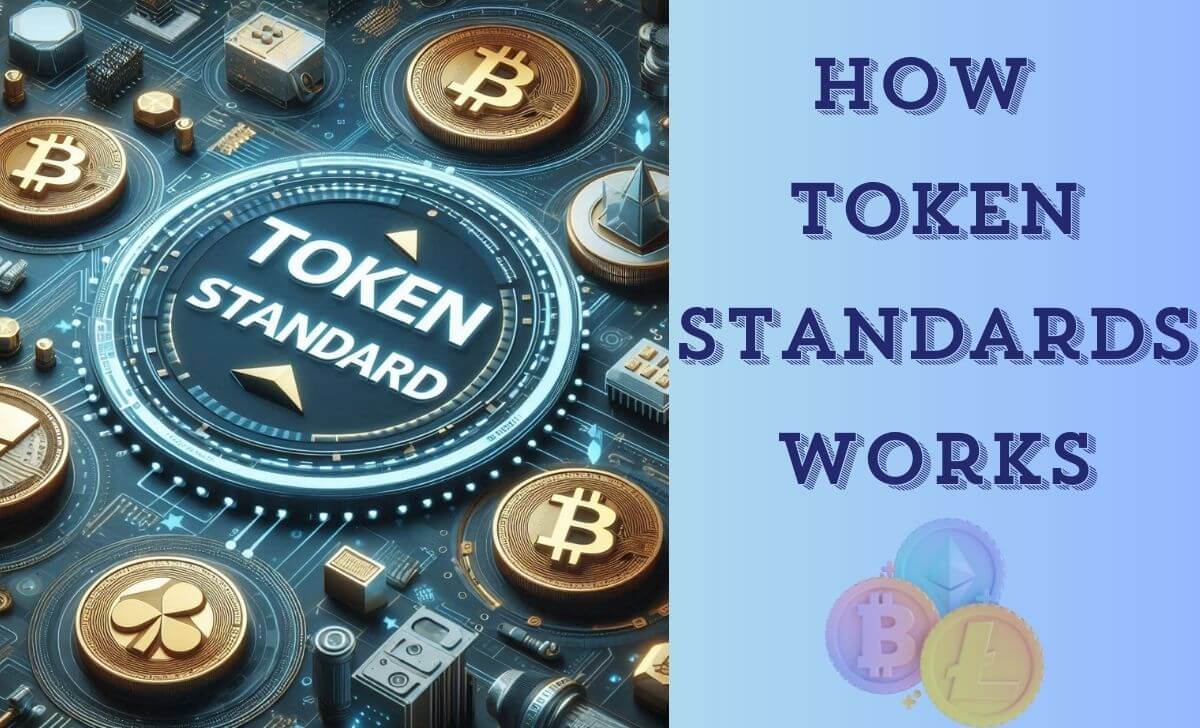
Token Standards provide a set of rules and Application Programming Interfaces (APIs) that allow token developers to build and deploy various types of tokens on a blockchain. They create a communication standard so that tokens can work together with different applications and protocols, increasing flexibility and interoperability within the blockchain ecosystem.
These standards also provide guidelines and regulations on how tokens are created, stored, transferred and destroyed. This helps ensure the security and reliability of tokens on the blockchain.
Classification of tokens based on Token Standards
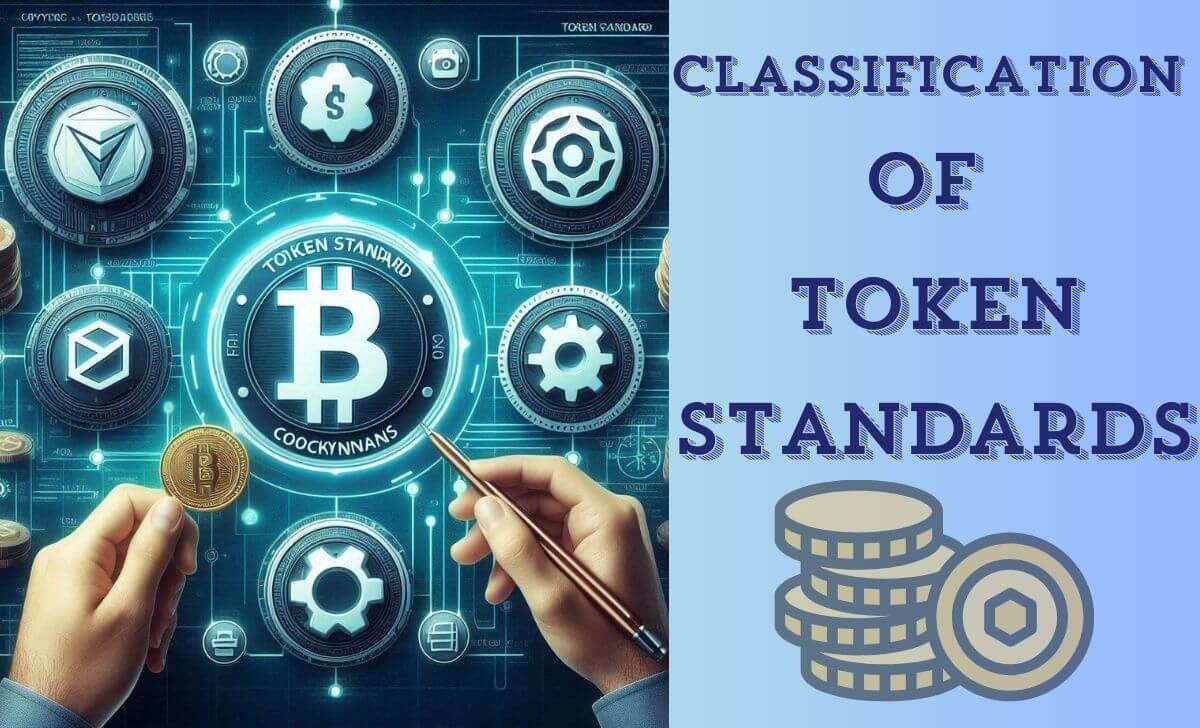
Token Standards play an important role in the classification of tokens, helping us understand the differences and applications of each type. The two most common types of tokens are Fungible Tokens (FT) and Non-Fungible Tokens (NFT).
Fungible Token (FT)
FT tokens that can be exchanged for one another. They have equal value and can be traded freely. The most typical examples of FTs are currencies, such as Bitcoin or Ethereum. Each Bitcoin has the same value and can be traded freely and flexibly.
FTs is also widely used in DeFi applications such as lending and borrowing, payments and tokenized asset trading. However, with FTs, there is no difference between units of the same token type, which makes the creation and management of these tokens simpler.
Non-Fungible Token (NFT)
NFTs are unique tokens that cannot be exchanged for one another. They have unique value and high personalization. Typical examples of NFTs are exclusive token versions of artworks, games and other digital assets.
NFTs are also used in decentralized applications to ensure accuracy in verifying ownership. Unlike FTs, each NFT can have a different value and can’t be exchanged between versions.
For more insights on NFTs, AZcoin is a great resource as it’s considered the best crypto exchange of 2024.
The importance of Token Standards
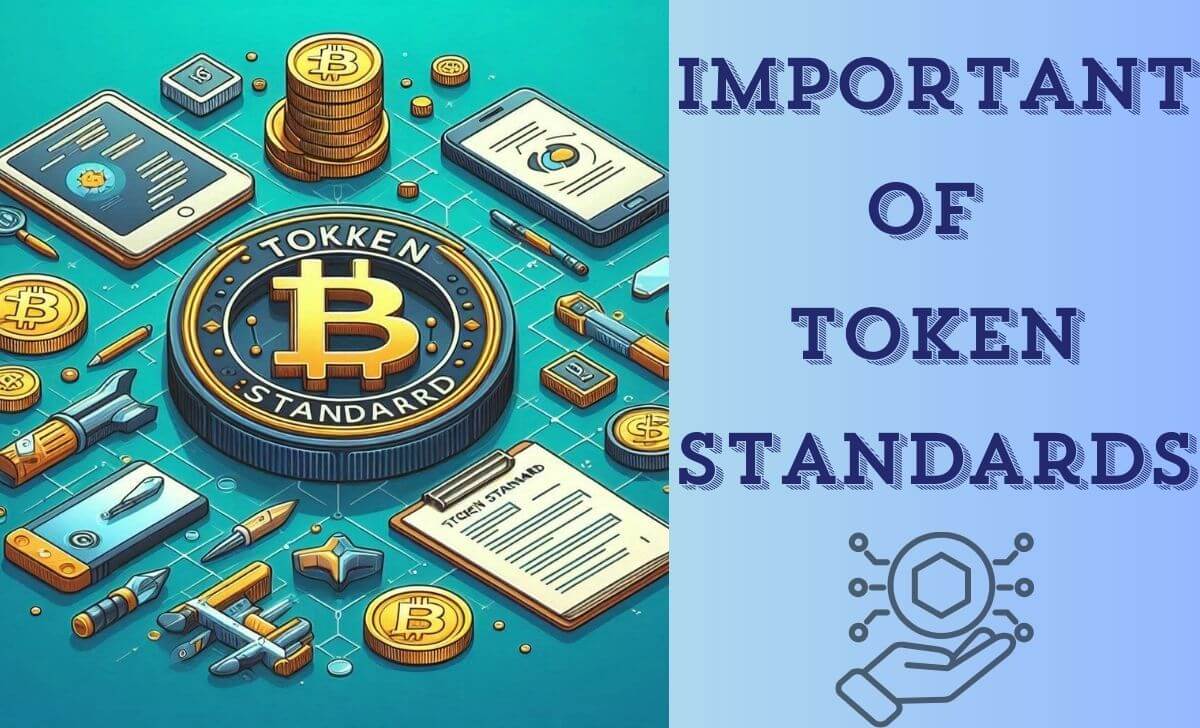
The emergence of Token Standards has brought numerous benefits to the blockchain world and its users. These standards create a compatible and unified environment for tokens to operate on the same blockchain network, thereby increasing flexibility and efficiency in token usage.
Additionally, these standards help enhance transparency and ensure accuracy in the trading and management of tokens. This is crucial for DeFi and NFT applications, where authenticity and data security are fundamental to the successful development of the ecosystem.
Limitations of Token Standards
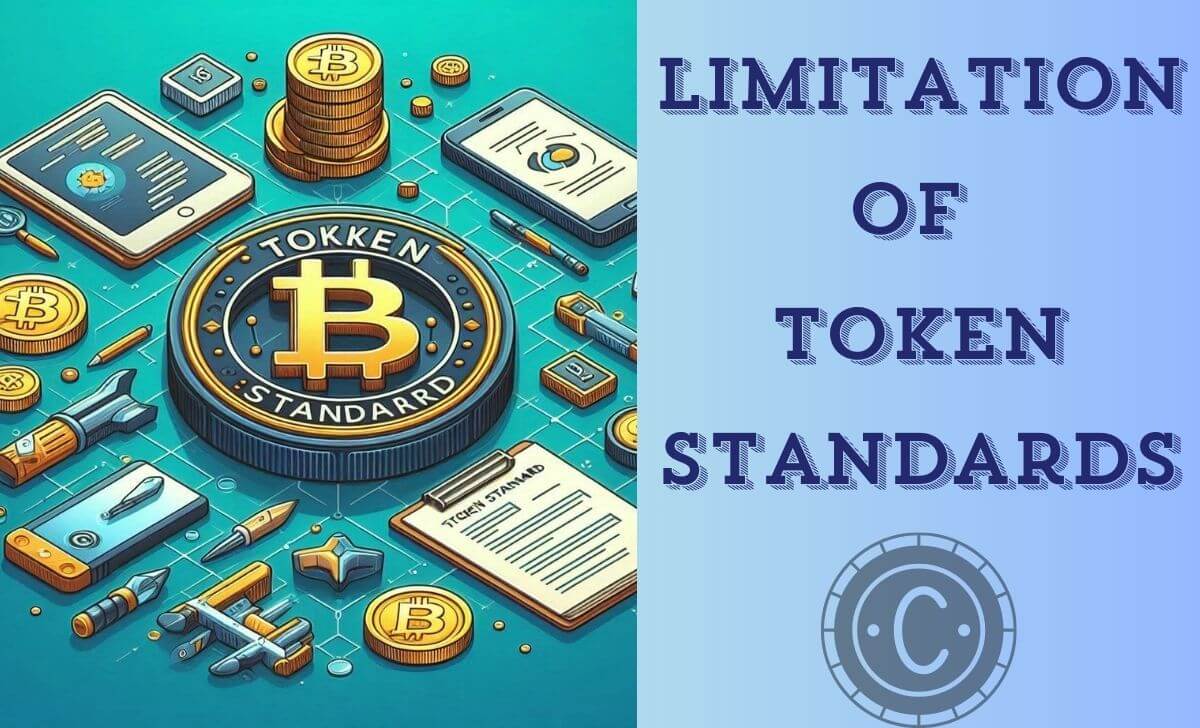
Although there are many benefits to having Token Standards, there are also limitations that need to be addressed in the future.
The first issue is the competition among different Token Standards. Currently, there are too many standards and choosing the right standard for a project is a challenge for developers. Transitioning from one standard to another can also lead to inconvenience and unnecessary costs.
The second issue is the complexity in managing and maintaining Token Standards. With the rapid development of blockchain technology, updating and upgrading standards to meet increasing demands is becoming a challenge for the blockchain community.
Finally, security concerns are also a notable issue when using Token Standards. Identifying and preventing security vulnerabilities within these standards is crucial to ensuring the safety of users and data on the blockchain.
Top 5 popular Token Standards today
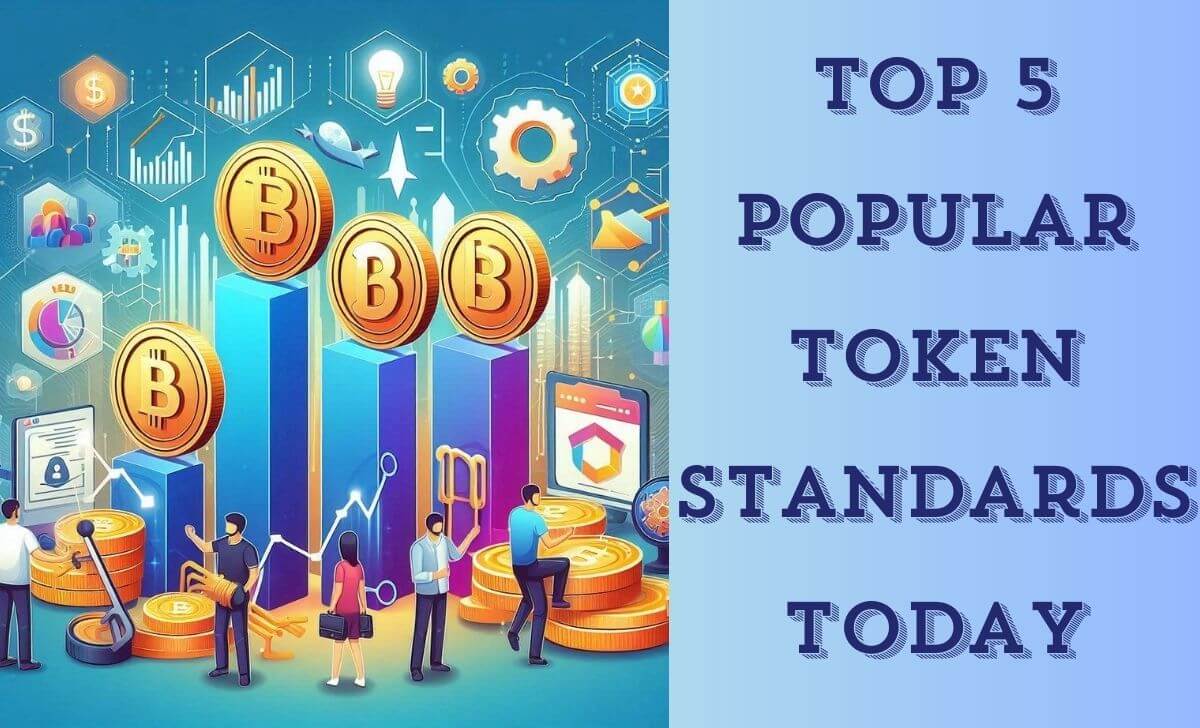
Below are five of the most popular token standards currently used in the blockchain ecosystem:
ERC-20
ERC-20 (Ethereum Request for Comments 20) is one of the earliest and most popular token standards on the Ethereum network. Introduced in 2015 by Vitalik Buterin and Fabian Vogelsteller, ERC-20 has become the standard for tokens on Ethereum and is widely used in the DeFi ecosystem.
Tokens developed according to the ERC-20 standard can be stored and traded on Ethereum wallets and used in various applications and protocols such as Uniswap, Compound and MakerDAO. Today, thousands of ERC-20 tokens are active on the Ethereum network, including popular stablecoins like USDT and USDC.
ERC-721
ERC-721 is another token standard on Ethereum, introduced in 2017 by Dieter Shirley and Jacob Evans. It’s used for unique token versions and has revolutionized the NFT world by providing a unique type of token.
Famous NFTs like CryptoKitties and Axie Infinity are built on the ERC-721 standard, highlighting its influence on the development of NFT applications and protocols on the Ethereum network.
ERC-1155
This is a newer token standard introduced in 2018 by Witek Radomski and Jodee Rich. Considered an improved version of ERC-721, ERC-1155 allows for the creation of multiple types of tokens within a single smart contract.
This brings greater flexibility and efficiency in using tokens and helps address issues related to gas fees when deploying NFT projects on Ethereum.
BEP-20
BEP-20 is a token standard on the Binance Smart Chain (BSC). BSC is a parallel blockchain platform of Binance, allowing the deployment of DeFi and NFT applications with lower transaction costs compared to Ethereum.
As a result, BEP-20 is increasingly used in DeFi and NFT projects on Binance Smart Chain. Typical examples of BEP-20 tokens include Binance Coin, stablecoin BUSD and many other tokens.
ORC-20
ORC-20 is the newest token standard on Ethereum, introduced in 2021 by OpenDeFi. Designed to enhance security and protection for tokens on the Ethereum network, ORC-20 uses advanced centralization technology to address issues of slow transactions and high costs on Ethereum.
Currently, ORC-20 is used in some DeFi and NFT projects but is still in development and has potential for the future.
Conclusion
Above is an introduce to Token Standards and their importance in creating a uniform and effective environment on blockchain. Hopefully, this article has provided a comprehensive view of these standards, helping you better understand how they shape and influence the development of tokens in the blockchain ecosystem.

I’m Jessi Lee, currently living in Singapore. I am currently working as a trader for AZCoin company, with 5 years of experience in the cryptocurrency market, I hope to bring you useful information and knowledge about virtual currency investment.
Email: [email protected]

